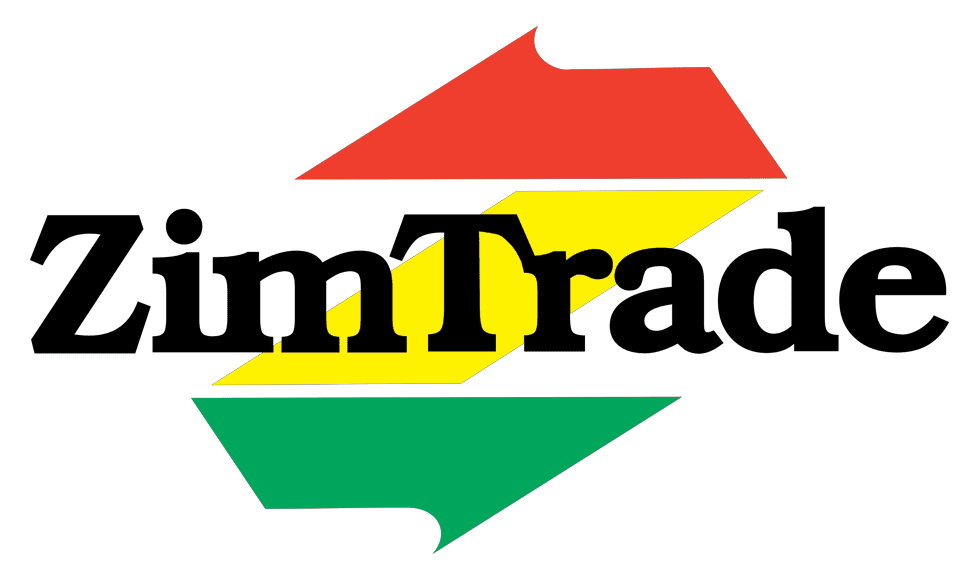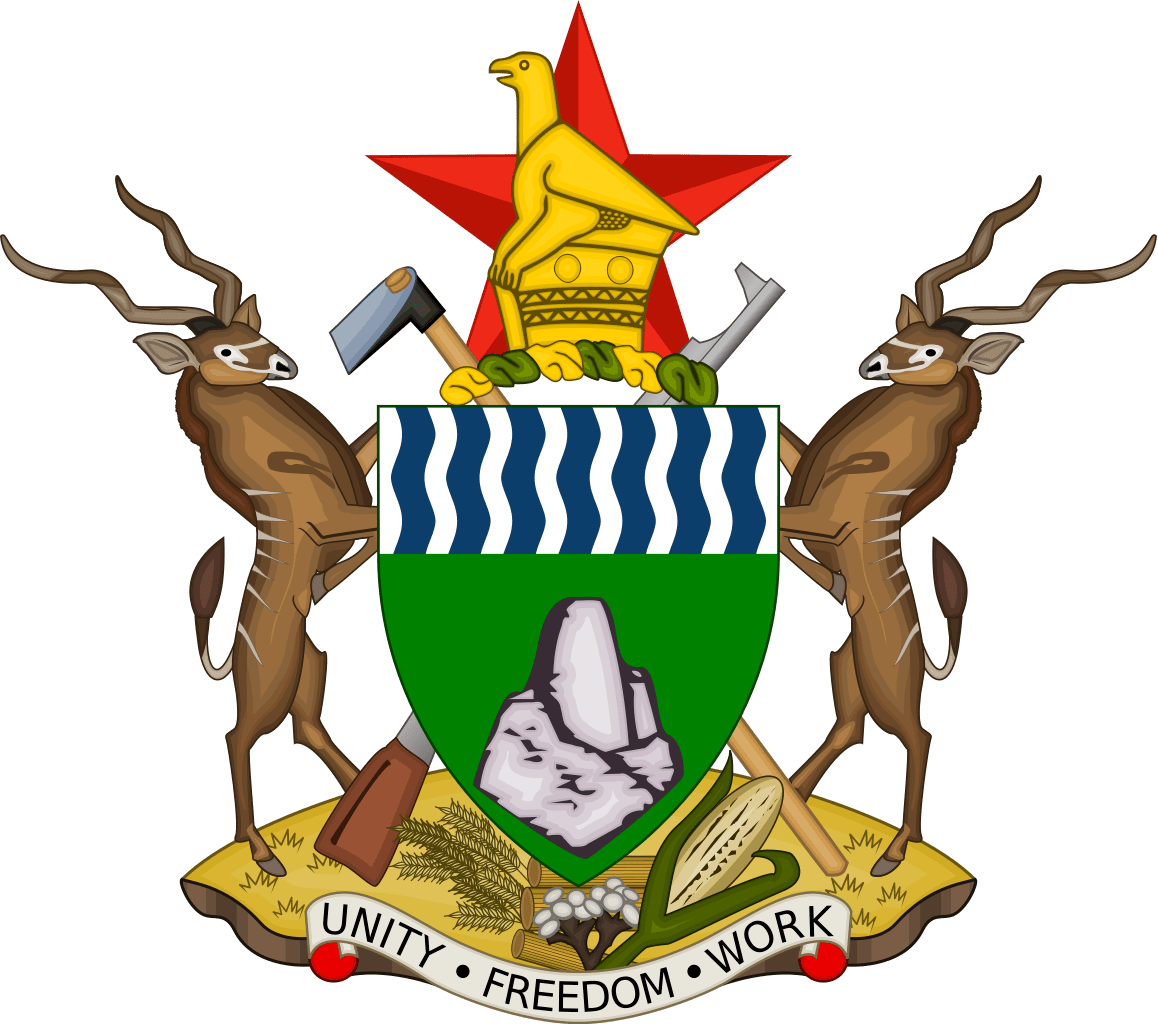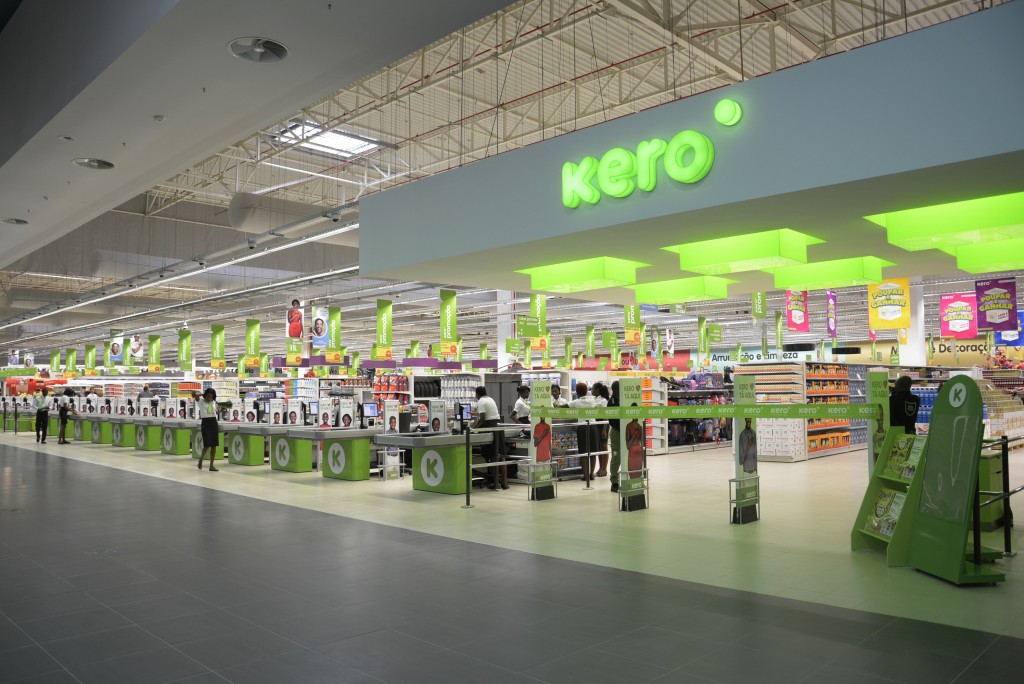The African agenda for development puts emphasis on the need for deeper economic integration, that should manifest in improved intra-continental trade.
Here, the focus is on the need to eliminate barriers to trade, which have made it difficult for countries to grow their trade, albert being closer to each other.
The other key element is to transform political relations that exist between countries into meaningful economic benefits.
For Zimbabwe, it is encouraging that the economic diplomacy agenda, being championed by President E.D Mnangagwa, has already given the country a head start with countries on the continent warming up to grow their trade with local companies.
The Second Republic is riding on good political relations and common membership with countries in the region, in its quest to grow Zimbabwe’s share of the African market.
Countries that are targeted in the economic diplomacy include non-traditional markets such as Angola, that have huge export potential for local value-added products.
The thriving Angolan economy and a growing middle-class with disposable income, coupled with good political relations between Harare and Luanda presents export opportunities for Zimbabwean businesses.
Angola, a member of the Southern Africa Development Community (SADC) together with Zimbabwe, has a population of around 35,59 million according to World Bank and a Gross Domestic Product (GDP) of US$106,71 billion.
Angola imports the majority of all its products, which were valued at around US$17,7 billion last year, according to Trade Map.
Imports have been recovering after a COVID-19 induced drop in 2020 (US$9,3 billion) and 2021 (US$11,4 billion).
Current, imports are largely from China, Portugal, Republic of Korea, Netherlands, Italy, United States of America (USA), Belgium, and Brazil.
These countries have established their own niche markets, which to some extent are difficult to penetrate.
However, given Zimbabwe’s capacity to produce high quality products and common membership to SADC, there is scope to penetrate Angola’s market and increase exports into the country.
To enable local companies to take advantage of these opportunities, ZimTrade conducted a market survey of Angola to identify areas of opportunities and strategic avenues for Zimbabwean companies.
The results indicated low hanging fruits in sectors such as processed foods, agriculture and clothing.
To further explore these opportunities, ZimTrade will participate at the SADC Industrialisation Week, scheduled for 31 July-4 August, where the target will be identifying potential leading distributors of Zimbabwean products in the market.
Fast-Moving Consumer Goods
There is high demand in Angola for imported products in the fast-moving consumer goods such as meat and processed foods.
The market is aware of the good quality from Zimbabwe and this can be used as a basis to introduce new products and increase distribution of existing product lines.
There is scope to export meat (chevron and beef) to Angola which is in high demand with products coming from the SADC region, Brazil, and Argentina.
The meat market in Angola is recovering, following what is likely a COVID-19 induced drop.
Figures available on Trade Map show that Angola imported meat and edible meat offal worth around US$578,9 in 2022, up from US$355,7 million in 2021.
Interesting about meat products is that countries in the region are failing to meet demand, giving room for countries out of the continent to export more to Angola.
Currently, the top five exporters of meat to Angola are USA, Brazil, Portugal, Netherlands, and Poland.
However, local producers can leverage on Zimbabwe’s proximity to Angola and existing trade agreements to increase meat exports to Angola.
There is scope to increase Zimbabwe’s meat exports to Angola by focusing on specific meat products on demand.
According to Trade Map, meat imports in Angola are dominated by fowls of the species gallus domesticus, ducks, geese, turkeys, and guinea fowls.
Demand is also growing for chilled of frozen meat of swine, and bovine.
Local companies can also establish a presence in the meat market in Angola by focusing on value addition of specific products such as chicken and pork.
There is potential to increase processed foods such as tinned foods, fruit juices and cordials.
These value-added products will position local producers to potentially earn more value from their export products and at the same time increase job creation and economic activities in Zimbabwe.
Dairy products have huge potential as reflected by the price difference between what obtains in the Zimbabwe retail market and the retail prices in Luanda shops.
Currently Angola imports these, including long-life full cream milk and yoghurts that are sourced from countries such as South Africa and Portugal.
Products with potential in the FMCG sector also include poultry and table eggs. In terms of poultry, baby chicken is in high demand as well as ordinary chicken.
As Angola has been encouraging growing of chickens locally, production has been met with stock-feed and chicken rearing limitations, presenting opportunities for local companies dealing with stock feeds.
Regarding distribution channels of FMCGs products to Angola, established retail chains such as Shoprite are significant avenues for entry by Zimbabwean products.
Retail shops present potential for market entry of Zimbabwean products in terms of commodity uptake and command a significant market share on the entire Angolan market.
Agriculture and horticultural produce
Agriculture production is minimal in Angola and their local produce accounts for less than 15 percent of what is available in their local supermarket outlets.
Zimbabwean fresh produce such as vegetables and fruits have a ready market in Angola and local suppliers can aim to meet certification requirements that will make market penetration easier.
One of the key focus areas for the Angolan Government is investing in agricultural production and processing to diversify the economy and avoid over reliance on oil and food imports.
Growth in the agricultural sector is stimulating an increase in the demand for agricultural implements and local exporters can target specific agro-based solution such as plant and equipment as well as chemicals.
There is demand for farm implements, especially ox-drawn implements. The indicative market for implements is concentrated in the North of the country.
In addition, the agriculture sector also presents opportunities for technical skills for Zimbabwe as it has a wide range of skill competences in agricultural areas that Angola has an interest in and would significantly benefit from, such as horticulture, agronomy, veterinary services and crop sciences.
Clothing and protective clothing
There are two distinct clothing markets in Angola; the lower end mainly dominated by the Chinese and used clothing and the up-market segment with Brazilian, Italian and Portuguese fashion.
Angolans have a strong affinity to the Portuguese and Brazilian fashion trends and products in this segment often cost high.
The up-market segment is dominated by well-known exclusive suppliers who also stock internationally, well-known labels such as Hugo Boss, Lacoste, and Pierre Cardin which adds to the competition.
However, Zimbabwean suppliers can compete with products in the up-market segment as local products can match quality.
Previously, use of protective clothing in Angola was not common in smaller companies as the regulation did not compel their use.
However, the changing regulatory framework is creating opportunities for local suppliers of protective clothing.
The need for protective clothing is growing in the construction, manufacturing and agricultural sectors.
Construction Supplies
Angola is currently in infrastructural development drive, which includes, road construction, housing and industrial development.
The country is endowed with a wide range of natural resources to support this sector, including raw materials especially for the manufacture of cement.
There is an opportunity in cement processing due to support infrastructural development taking place in the country.
With industrial, commercial and infrastructural developments taking place in most parts of Luanda, a wide range of opportunities are on offer; from the possibility of involvement in actual construction to material and product supplies.
The construction industry offers opportunities such as brick making, cement processing, sub-contracting construction engineering services, construction steel supplies and painting services.
Human Capital
The official business language in Angola is Portuguese, which arguable gives room for English teachers and translators.
Arguably, English is the largest business language used in the world and this presents an opportunity for teachers with the requisite expertise to tap into the Angola market.
In addition, there are not many English-speaking schools in the country, although there is demand for English. In most cases this ends up being provided in private tutorship mainly from Zimbabweans and Zambians.
Further to this, there is a general demand for artisanal skills capacity, such as electricians, quantity surveyors, electronic engineers, plumbers and other services.







